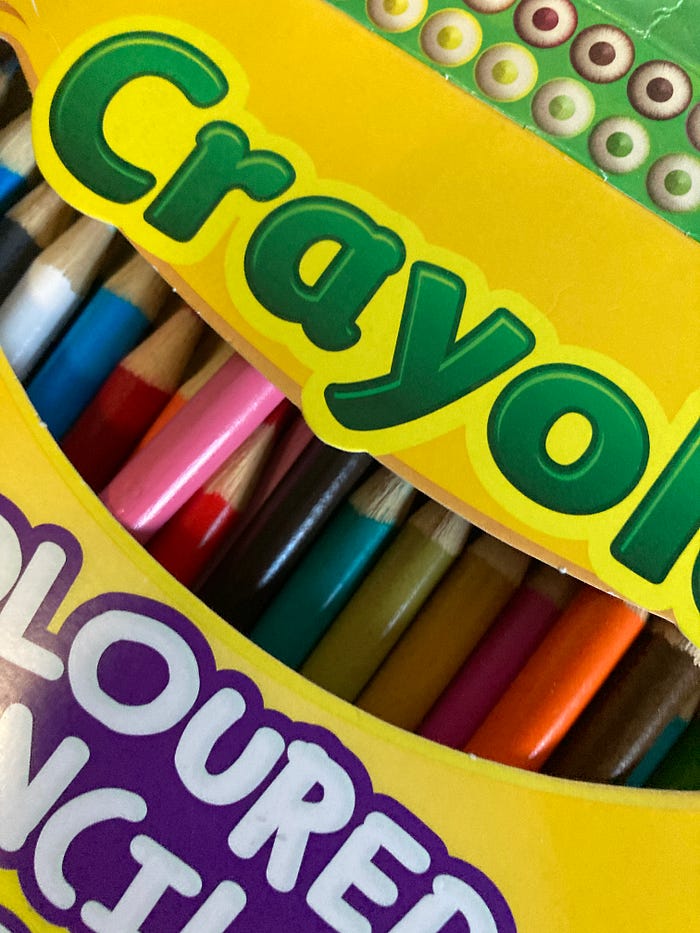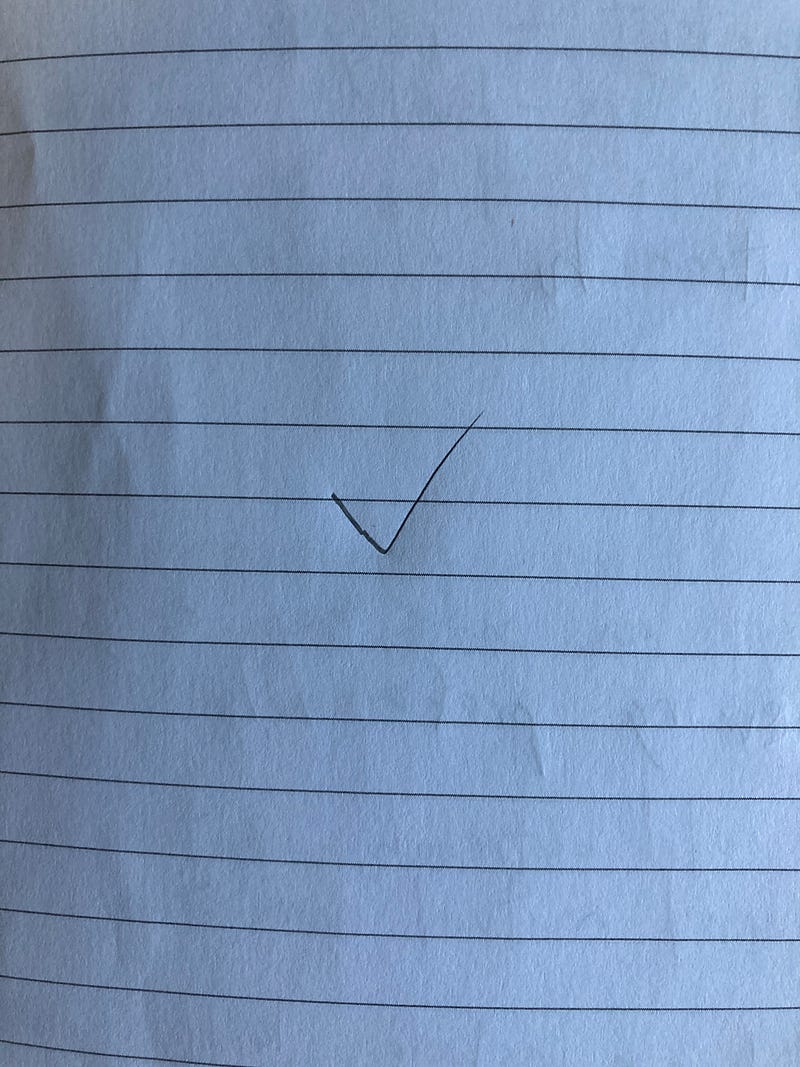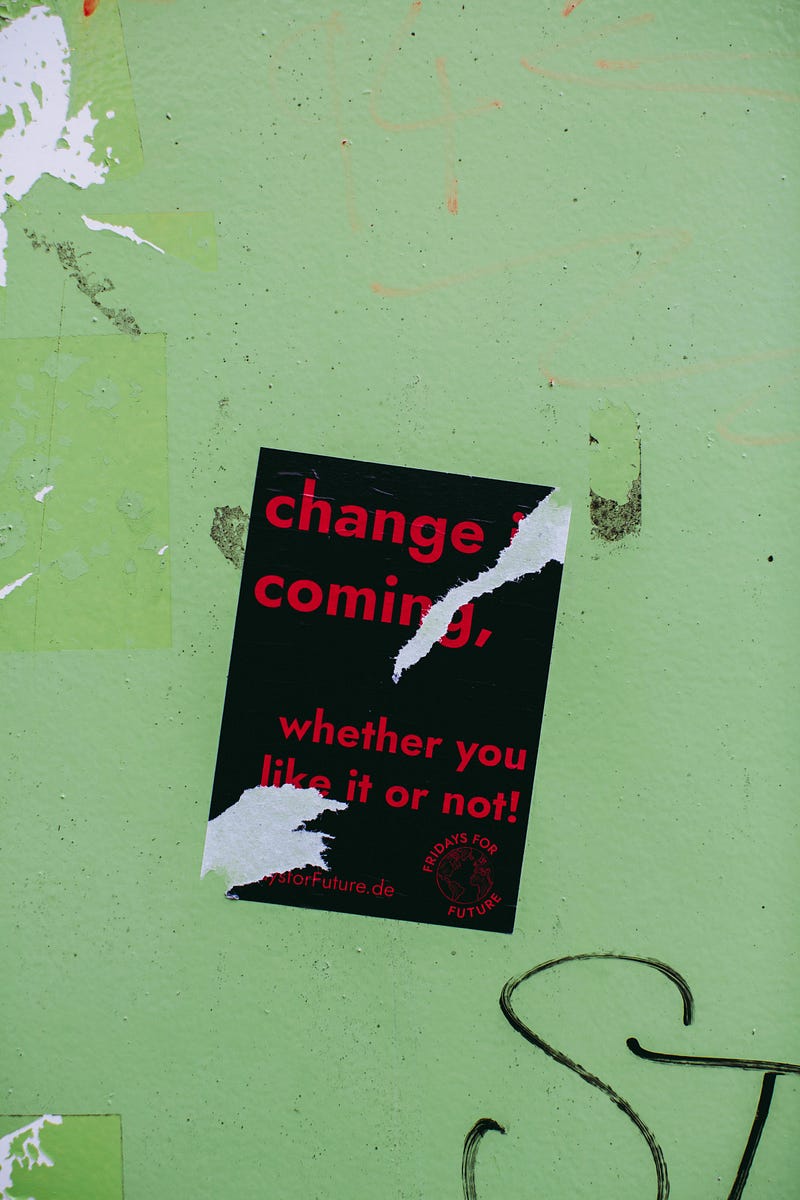This article is also available at https://medium.com/non-monetized-together/8-things-i-can-only-do-here-on-nonmonetized-together-2d829fdceb63
Nonmonetized Together, the publication you are reading right now, is an experiment in deliberately creating an online culture that will counteract the problems with Internet culture. This online environment is structured and organized to allow for social interactions that wouldn’t be feasible anywhere else. In doing so, you and I can receive opportunities we wouldn’t receive elsewhere and use those opportunities to do things that wouldn’t be achievable elsewhere.
Whenever you think to yourself, “if only I could get the chance to do so-and-so in a so-and-so way” or “if only I could do so-and-so without dealing with so-and-so,” try doing it on Nonmonetized Together. Maybe this publication can make your dreams come true.
Here is a list of things I could do on Nonmonetized Together that I couldn’t do anywhere else:
- I don’t target any specific demographic with Nonmonetized Together.

Personal photo representing diversity
This means Nonmonetized Together can empower a greater variety of readers than I would anywhere else, which creates a more equitable impact than creators who focus on individual demographics. Depending on political orientation, nationality, race, age, and socioeconomic status, people have many different ideas of what it means to have a better life, but I try to write in a way so anybody can get closer to achieving that by joining the conversation.
They just have to be willing to put up with writers that refuse to deploy psychological tactics other writers use to keep readers loyal, such as sugarcoating morbid realities or reaffirming their preexisting beliefs (yes, I know this will reduce my audience in the short term, but I think being authentic will make this blog more valuable in the long term).
Keep in mind, I’m not a self-help guru. I am trying to create a culture without a power dynamic, where you can find your own way of gaining strength and supporting others.
2. I can take online incidents that most people would see as insignificant and give people reasons to see them as significant.

Personal photo
A few of my articles are about little-known Internet posts from ordinary Internet people. Typically, if I saw those sort of posts acted out in the physical world, I wouldn’t bother getting involved because it just wouldn’t be any of my business. But it’s different when these things get posted publicly on the Internet.
Whenever you make a public post on the Internet, that post becomes everybody’s business. You’re inviting the whole world to see your post, interact with it, and potentially get influenced by it. You’re letting people know that you’re comfortable with it receiving all this attention.
So, even though most people would expect a blogger to write about things that the public has already shown interest in, I sometimes write about Internet occurrences that, at first glance, appear non-notable. I’m aware that it’s not always just celebrities and major brands that shape our experiences. Sometimes it’s the smallest things that make the biggest difference, and I think there should be a public online space where we can discuss the significance behind random people’s posts. By putting it on the open Web, readers can use this discussion to make a bigger difference in the world than if they kept it private.
So whenever I write an article about these so-called mundane topics, my goal is to answer the question, “why should this topic be taken seriously?” I want people to ignore the commonly accepted definition of notability and instead recognize the transformative potential of what less powerful individuals have to say.
3. I get to approach social justice in a way that I hope will appeal to both sides: people who support the current movement AND people who think it’s going too far.

Personal photo
Nonmonetized Together is a place where people can discuss social justice ideas from an experimental lens. This means that it’s from the perspective of “let’s try this social justice idea, see how it goes, collect the results, and from there on ask how can we develop this further?”
It’s not like elsewhere on the Internet, where it’s either “everybody needs to behave like this or we’ll insult them, and we’ll do it behind their backs so they don’t know” or it’s “I don’t like obeying these dumb rules, so instead of choosing not to follow them, I’ll insult other people for participating in them, and I’ll do it behind their backs so they don’t know.”
Nonmonetized Together is a free-thinking community that is less about fulfilling power fantasies and more about producing knowledge. You may not agree with all social justice ideas on the community, and on Nonmonetized Together, you don’t have to participate in them. But it’s important for people to try certain social justice strategies and collect data. I hope this will help us make the world a better place without getting pushback from the traditionalists.
4. I can have a conversation without getting bogged down by political code words.

Personal photo
If anybody uses political code words, I will stop to clarify what the user really means before going forward in the conversation. What if they choose to refuse explaining what they mean by the code word? Well then, it would make them look bad, and I wouldn’t want to do that. When I clarify the code word, the user gets a chance to become more transparent and get closer to achieving a productive conversation. Yes, they admit to making a mistake but that’s not a bad thing, even if you’re Donald Trump.
For example, let’s say you’re somewhere other than Nonmonetized Together, and you want to turn your followers against someone, but you lack any concrete reason to do so. Well then, you can just call them “mentally ill” and that will do the job. But on Nonmonetized Together, “mentally ill” doesn’t have those connotations. It just refers to its literal definition.
So to weed out people who start political drama instead of political progress, I will ask them to clarify what mental illness they meant and why it’s relevant to the discussion. If they have an answer, then they probably actually meant “mentally ill.” If they don’t have a real answer or start acting attacked, I will explain Nonmonetized Together, find the term they meant to use, forgive them, and continue the discussion from there.
I know other political codewords as well (like the recent popularity of “women’s rights” in reference to being able to easily get an abortion) but I probably don’t know them all. If you notice someone use a political codeword that I can’t catch, please let me know, and I will try to come up with a solution. But be wary if you misuse this guideline for the purpose of sowing disorder. I’m politically neutral and will be able to catch that right away.
5. I can write about niche topics. Outside Nonmonetized Together, I know not to bore people by talking about obscure things they probably don’t know about, but the Internet is different. There will always be someone online who will find your posts useful.
Nonmonetized Together takes advantage of this reality by making articles about incredibly niche topics sometimes. I even invited the “decadeology anarchy” community to share their posts onto Nonmonetized Together, despite them being an even nichier version of the already niche community r/decadeology. None of them have taken up my offer yet, though I at least hope Slim95 will write for Nonmonetized Together as he recently got fed up with Reddit and left r/decadeologyanarchy.
6. I can communicate with people I would not want to talk to in real life.

I can reach a stadium full of people (Personal photo)
Nazis, trolls, cult leaders, rape apologists, terrorist supporters, abusers, pro-anorexia participants — I would not want anything to do with any of these people outside of Nonmonetized Together. But I can’t just leave them to their own devices as that would be turning a blind eye to the problems they perpetuate.
Maybe if they stumble upon Nonmonetized Together, we can hold them accountable or even get them to go down a different path. If we aren’t successful, at least we get to provide the Internet with examples and results of our intervention methods, which could inform people on how they could do it in the future. And if you want to say something to these people but feel scared, send your message to me in a private note and I will speak on your behalf.
If there’s any place on the Internet that can pull this off, it’s this one. Nonmonetized Together is dedicated to figuring out how Internet communities can function better. It tries to promote patience and understanding of everyone’s situation, yet at the same time, tries to hold people accountable. It encourages participants to challenge each other’s preconceptions.
If the comment sections get dominated by people promoting horrific ideas while refusing to practice self-reflection, I promise I will either make changes to how this community functions or declare it a failed experiment. But if that doesn’t happen, we can make some progress or inspire other people to make progress.
7. I can acknowledge advertisements for what they really are.

Personal photo
Since this blog is nonmonetized, I don’t care about appeasing advertisers, so when I discuss them, I will describe them as what they truly are: entitled, narcissistic, shallow leeches that would rather turn everyone into morons than challenge society.
I once had a dream that advertisers were cool. I was walking through a store and I see these promotional banners hanging from the ceiling. Each banner contained a sentence in the format, “In (year), (person or group of people) were perceived as terrorists.” Could you imagine if an advertiser had the soul and spunk to do this in real life? But people don’t care that advertisers are lame because they get distracted by the fact that advertisements play an important role in society. And yes, that dream ended up inspiring me to write the article Year-By-Year Google Trends Data Shows How Terrorists Were Represented From 2005–2023.
8. I get to communicate outside of the competitive political context.

Peaceful personal photo
Nonmonetized Together is the only secular environment that operates outside of the competitive political sphere. Outside of Nonmonetized Together, everywhere you go, you see a society built on competing over resources and overpowering enemies. Everyone seems to be working for their own interest and trying to take advantage of each other. This type of society will burn to the ground. Disadvantaged people are most at risk as they are desperate and rely on powerful people.
Not only that, competitive politics is a losing game. No matter how much political power you obtain, the other side isn’t going away. They will always be there, obstructing your path to true happiness and fulfillment. The only way to win the game of politics is to do it noncompetitively, which is what I did.
I decided I would make a better influence on society if I didn’t align with any of these competitive political movements. I trained my mind to let go of the political beliefs I had previously.
Instead, I started viewing the world from a Catholic and Freirean perspective and tried to live like Jesus, even if it comes at a personal cost. I began using peaceful, open dialogue to allow people to navigate the world’s issues in their own authentic way. I focused on giving people the tools to enrich their own minds while trying to take something positive away from my own interactions with people. I encouraged people to challenge my blog posts (shoutout to @michaelzwierzanski) as I knew that would give them intellectual strength and agency.
This became more fulfilling for me than political involvement and eventually became my default state of mind. This is how Nonmonetized Together became the only secular environment that operates outside of the competitive political sphere, because it is run by someone who is not politically motivated but is instead motivated by knowledge and fairness.
The world may feel like it’s spinning out-of-control, but by creating my own community from scratch, I can provide a space to escape from the chaos and start anew. We can use better techniques, use better information, and have better relationships than the rest of the internet. This way, we can protect future generations the best we can.
https://write.as/non-monetized-together/about-our-blog-tired-of-internet-drama-and-fakeness
#Internet #Writing #Blogging #InternetCulture #SocialJustice
Discuss...














